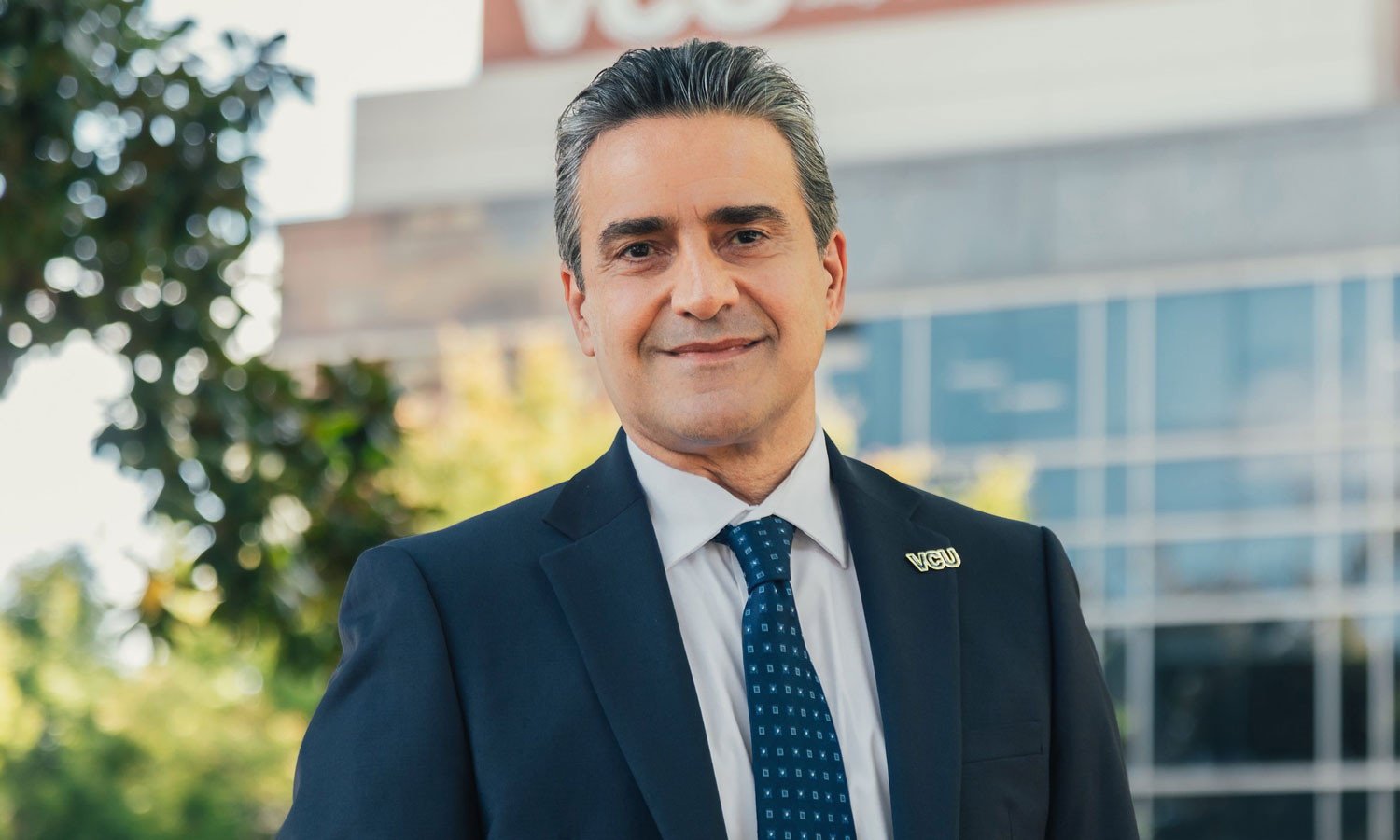For Azim Eskandarian, DSc, the Alice T. and William H. Goodwin Jr. Dean for the College of Engineering, the future of engineering education and practice is cross disciplinary.
“Today’s engineering problems are complex and they need solutions from different engineering disciplines,” said Eskandarian. “You may need elements from the physical or computing sciences, for example. And if human interaction is a factor, psychology and social sciences are also important.”
Creating an environment where faculty and students work across their departments is one of Eskandarian’s main goals. The College of Engineering’s Vertically Integrated Projects (VIP) already provide students with an immersive experience. Collaboration occurs between a variety of disciplines, including some outside of engineering, and Eskandarian wants to grow that practice.
“Engineering should not have traditional boundaries,” said Eskandarian. “The fundamentals taught within each discipline remain important, but we have to create opportunities for students to learn outside their disciplines and engage with systems that are not part of their specialty’s curriculum. More companies are expecting students to have knowledge in areas previously not required, so this kind of education is necessary to ensure our VCU Engineers are well prepared.”
Eskandarian learned the importance of cross-disciplinary focus through his own experience in the field of control systems, specifically for automotive passenger safety and collision avoidance.
“If you look at a car, it’s not just a vehicle with a structure, engine and driving mechanisms,” said Eskandarian. “It’s a combination of material science, electromechanical systems, signal processing, sensors, computing and more that create the final product. A modern automobile is a package of technologies from different engineering fields.”
Learning how things work is something Eskandarian enjoys. He grew up surrounded by family members who were interested in factories, building parts and other topics from both the engineering and medical fields. Gadgets fascinated Eskandarian from an early age and his aptitude for math and science helped.
“With my childhood toys I did a lot of dismantling and figuring out how parts were connected,” said Eskandarian. “Of course I would destroy them in the process, but it was a good learning experience.”
After receiving his master’s degree, Eskandarian worked as a practicing engineer, but wanted to go beyond applying existing knowledge to form engineering solutions.
“I was interested in the new knowledge we could discover through research,” said Eskandarian. “Researchers want to know the unknowns and face the challenges no one has discovered yet. That’s the true nature of research and it’s an element of great interest to me and every other engineering researcher.”
As the new dean for the VCU College of Engineering, Eskandarian brings a wealth of industry, research and educational experience. As a leader he believes in being an example for others and stresses the importance of one idea over all others – service.
“You have to be of service to your community,” said Eskandarian. “Many books have been written about what being a good leader means and, to me, a good leader serves their community. For a dean specifically, having a vision and making sure the mission of the university is well understood and pursued by everyone within the organization is also important.”
